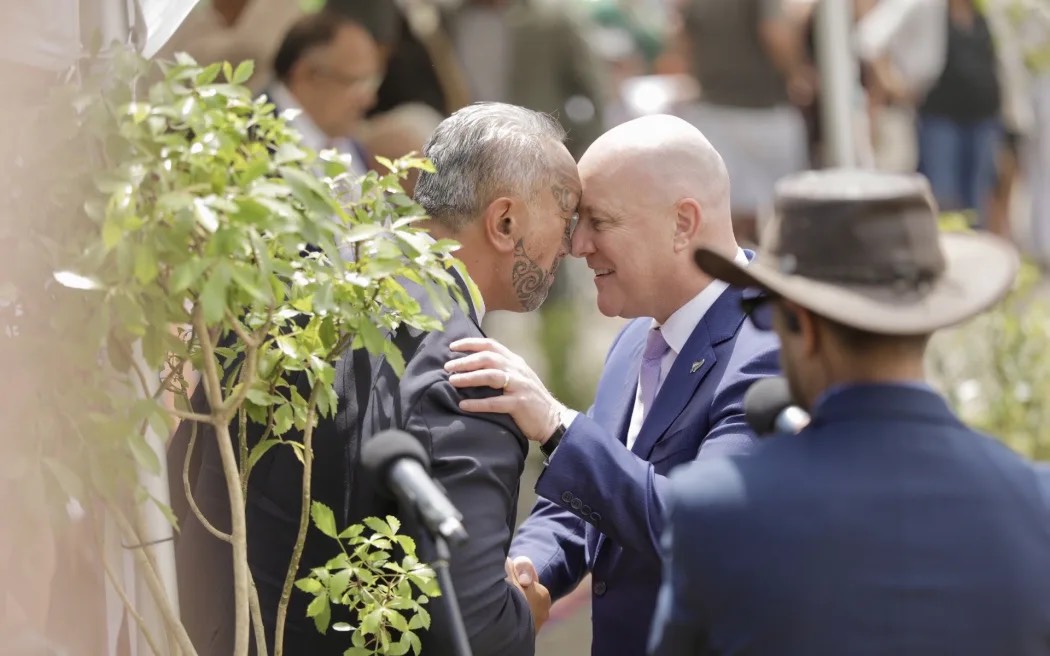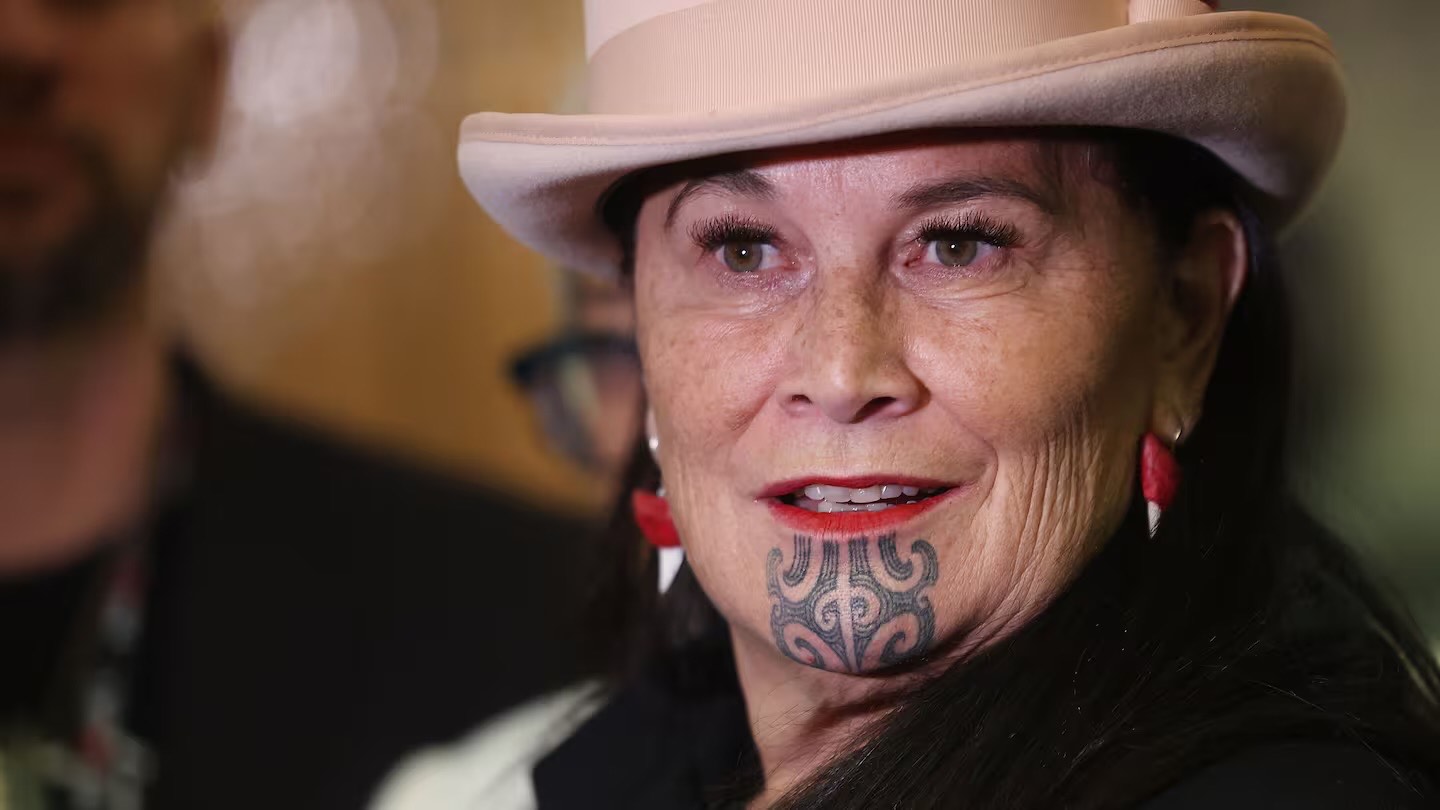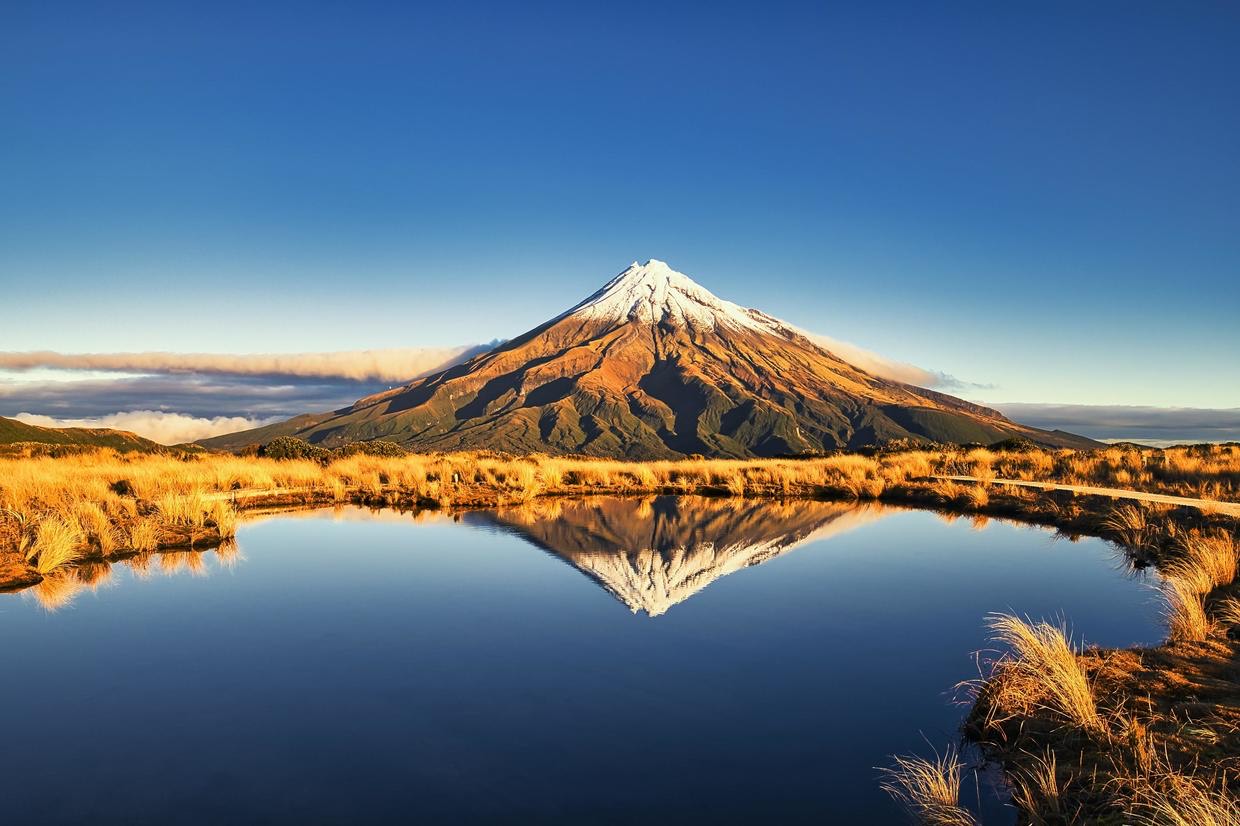By Anastasia Aleiferi,
In New Zealand, there is a big indigenous community in which the members try to protect their land, history, culture, and heritage. In order to achieve these goals, people from that community try everything to protect what they believe is theirs and it doesn’t always have to be about a body struggle but also actions that might seem peculiar to the world. Such is the action of giving personhood to mountain Taranaki.
Since January 30th 2025, the mountain is officially known by its Māori name, Taranaki Maunga, and was granted legal personhood. This means that the mountain has the same rights, responsibilities, duties, and power as a person does, recognizing it as an ancestor of the local Māori community. Now, the mountain is recognized as a person, giving it better protection from harm. These rights and duties will be performed by the representatives of local tribes, iwi, and government that will cooperate to manage it. Now that the Taranaki Maunga Collective Redness Bill was passed as a law, the mountain has a legal name and right to protect its surrounding peeks and land and also, recognizes the cultural heritage and culture of the Māori and their rights on the land, because in the Māori worldview, natural features, such as rivers and mountains, are considered ancestors and living beings. Māori have considered Taranaki Maunga a sacred ancestor and a source of cultural and spiritual sustenance for a long time. The mountain isn’t the first of New Zealand’s natural features that has been granted personhood, since, in 2014, the Urewa native forest became the first to gain such status, and the second was the Whanganui River, in 2017.

This settlement took years of negotiations for it to become law. Its goal is to compensate the Māori for the injustice done by their colonization, including land confiscation. A representative of the government’s part has stated that the government recognizes the past’s mistakes and will cooperate with the iwi to make their goals and opportunities a reality. Debbie Ngarewa Packer, co-leader of the Māori political party, stated on Thursday 30th of January: “Today, Taranaki, our maunga [mountain], our maunga tupuna [ancestral mountain], is released from the shackles, the shackles of injustice, of ignorance, of hate”. She is one of the eight tribe leaders on the country to whom the mountain is sacred. During the day that the bill was voted, hundreds of Māori people appeared at the Parliament to see the bill become a law. This is the first time that a New Zealand landmark will be referred only by its Māori name and not its colonial name, which was Egmont, a name given by British explorer, James Cook, but now it is given a Māori name.

The surrounding area will also be given a Māori name. Thus, the government is showing that it is recognizing the importance of Māori heritage to its way of governance, as a way to put the Māori indigenous concept in western law. This law is a part of a broader government commitment to correct historical wrongs committed during colonization, such as breach of the Treaty of Waitangi –which established New Zealand as an independent land and gave the indigenous people certain rights to the land and resources. How visitors and people should act when visiting the area will be determined in the near future, but guidelines for respecting the area and protecting the environment are of course to be adopted.
Essentially, what the tribe and the government will try to do is protect the health and well-being of the mountain and the surrounding area, prevent forced sales, restore the Māori traditions of use, support conservation efforts, and ensure public access.
References
- Taranaki Mounga: New Zealand mountain granted same legal rights as a person. The Guardian. Available here
- New Zealand mountain gets same legal rights as a person. BBC. Available here
- New Zealand mountain granted legal personhood, with human-like rights. AA. Available here




